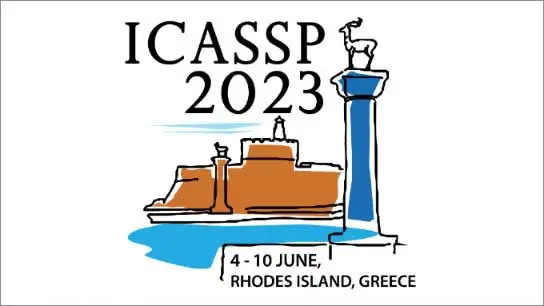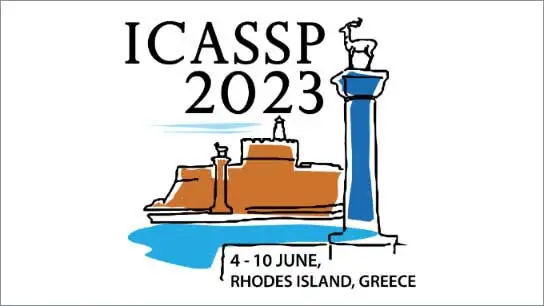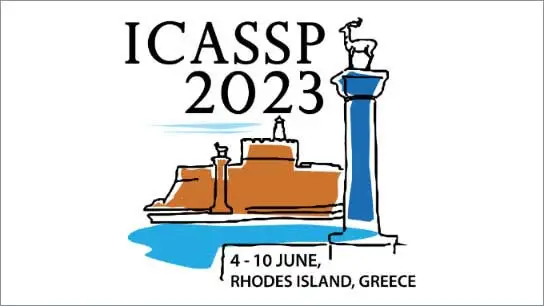Message Passing-Based 9-D Cooperative Localization and Navigation with Embedded Particle Flow
Lukas Wielandner (Graz University of Technology)
-
Members: FreeSPS
IEEE Members: $11.00
Non-members: $15.00
09 Jun 2023
Cooperative localization (CL) is an important technology for innovative services such as location-aware communication networks, modern convenience, and public safety. We consider wireless networks with mobile agents that aim to localize themselves by performing pairwise measurements amongst agents and exchanging their location information. Belief propagation (BP) is a state-of-the-art Bayesian method for CL. In CL, particle-based implementations of BP often are employed that can cope with non-linear measurement models and state dynamics. However, particle-based BP algorithms are known to suffer from particle degeneracy in large and dense networks of mobile agents with high-dimensional states. This paper derives the messages of BP for CL by means of particle flow, leading to the development of a distributed particle-based message-passing algorithm which avoids particle degeneracy. Our combined particle flow-based BP approach allows the calculation of highly accurate proposal distributions for agent states with a minimal number of particles. It outperforms conventional particle-based BP algorithms in terms of accuracy and runtime. Furthermore, we compare the proposed method to a centralized particle flow-based implementation, known as the exact Daum-Huang filter, and to sigma point BP in terms of position accuracy, runtime, and memory requirement versus the network size. We further contrast all methods to the theoretical performance limit provided by the posterior Cram\'er-Rao lower bound (PCRLB). Based on three different scenarios, we demonstrate the superiority of the proposed method.



